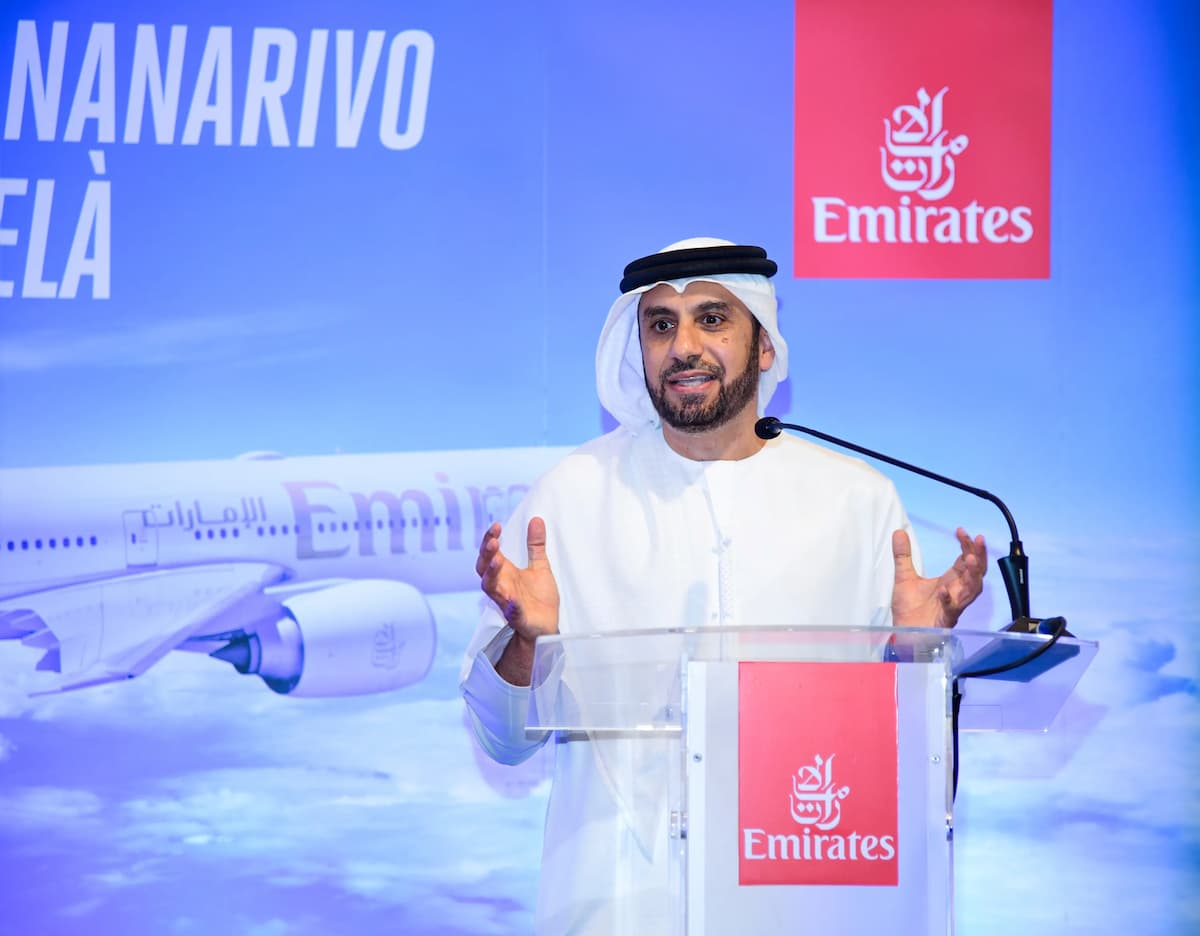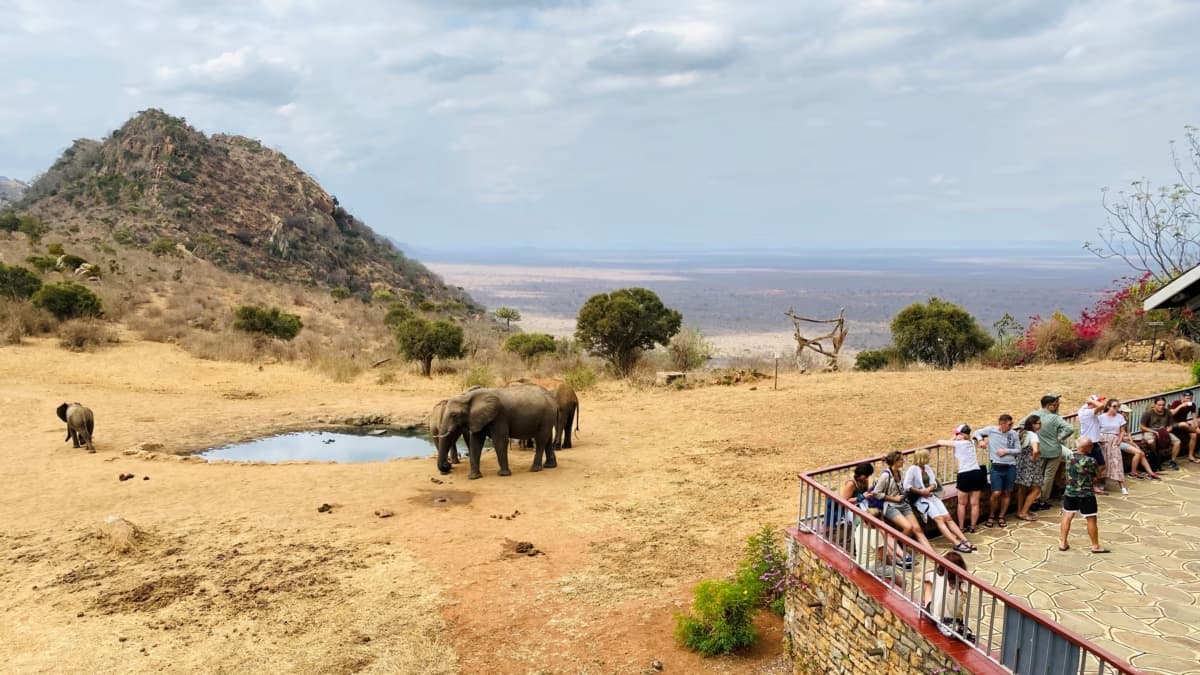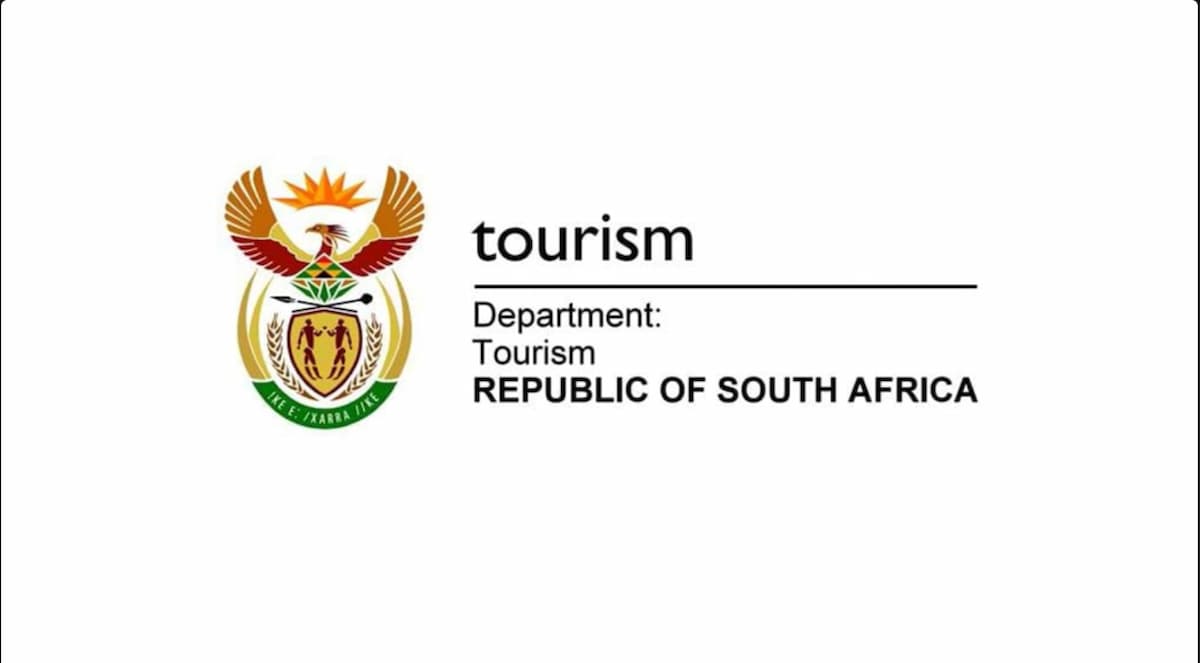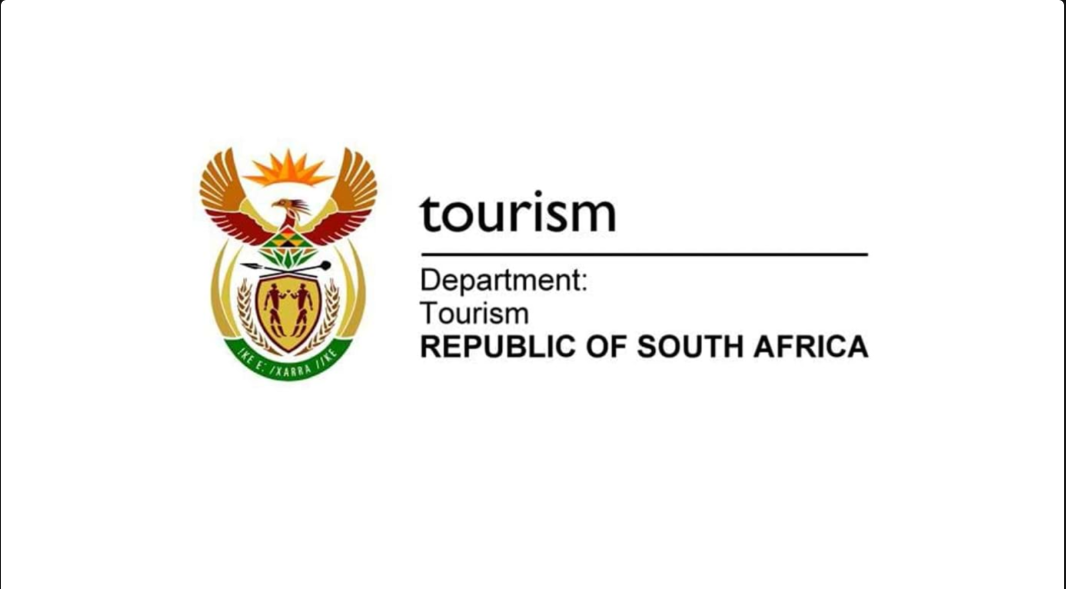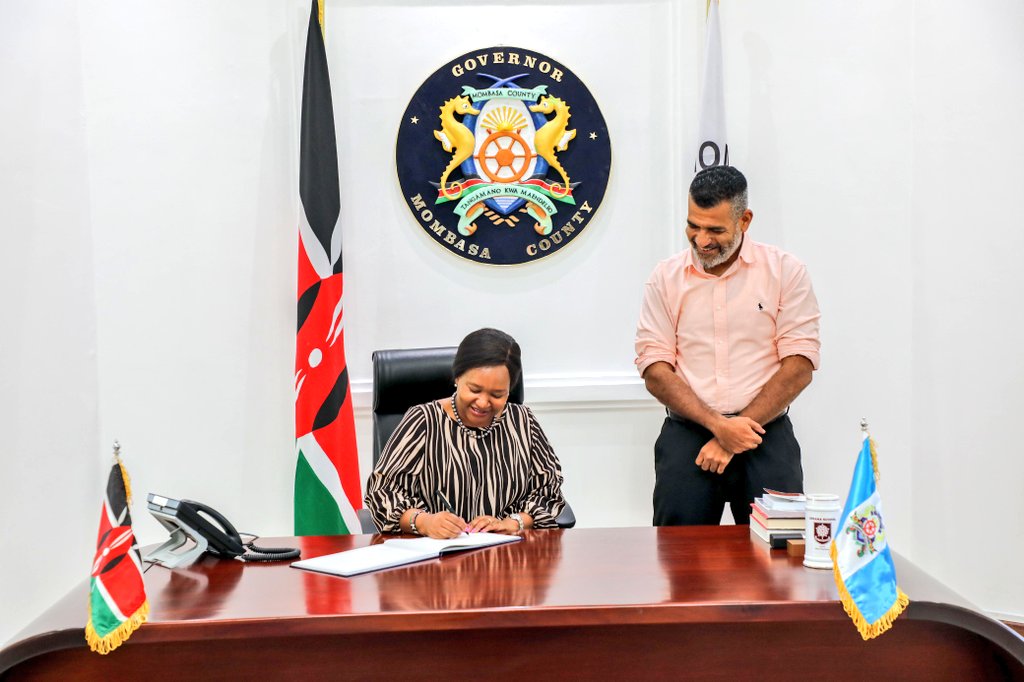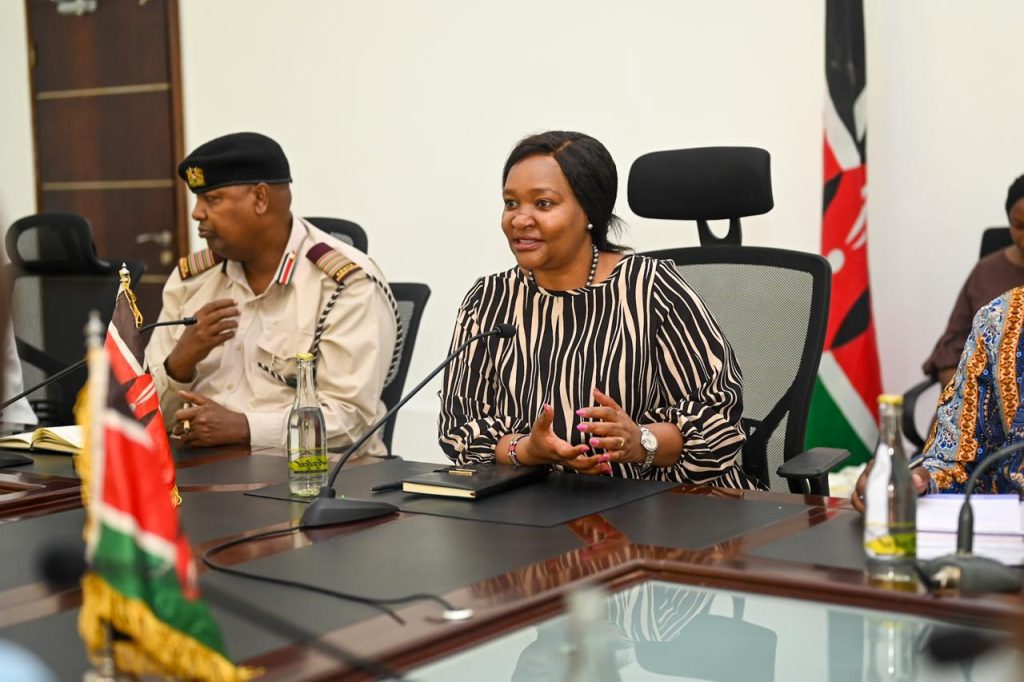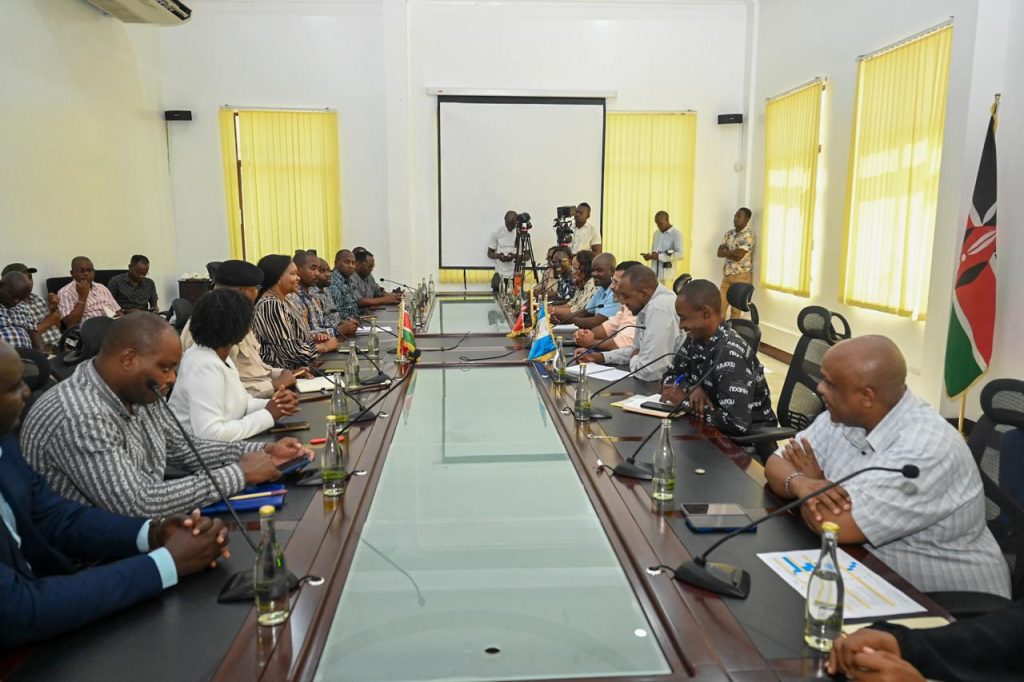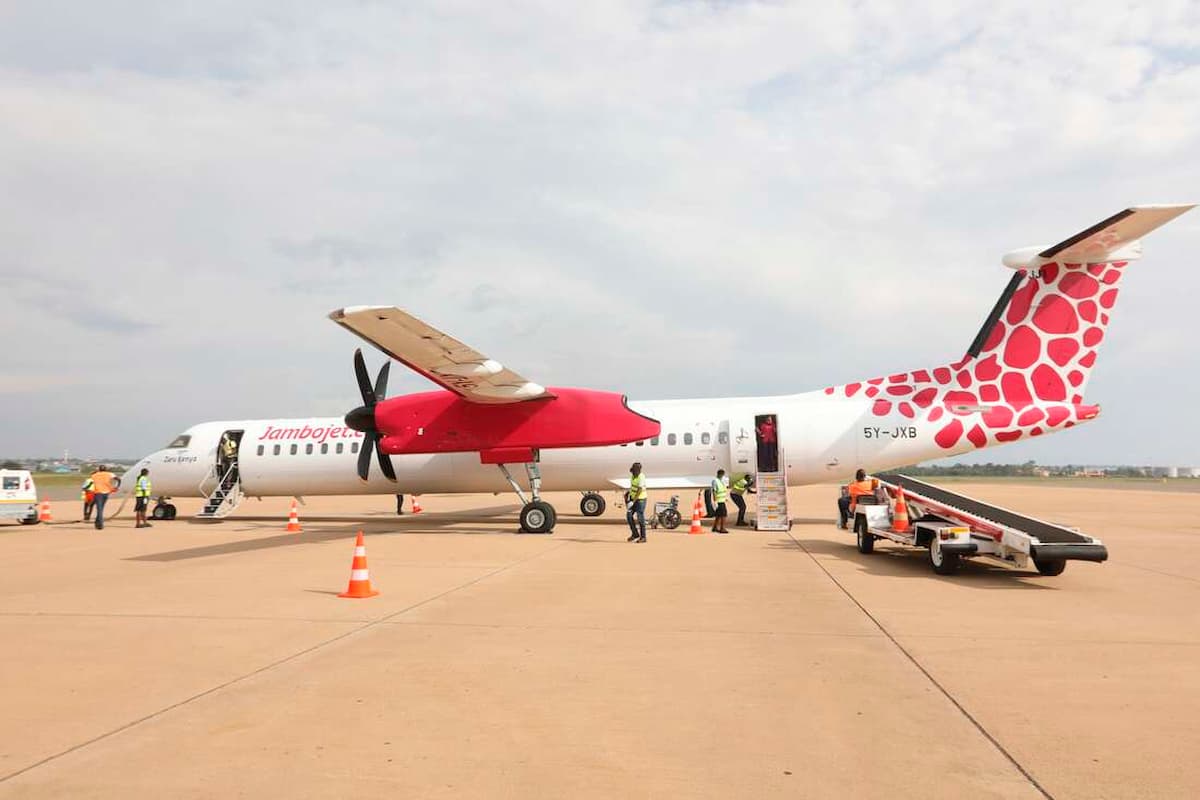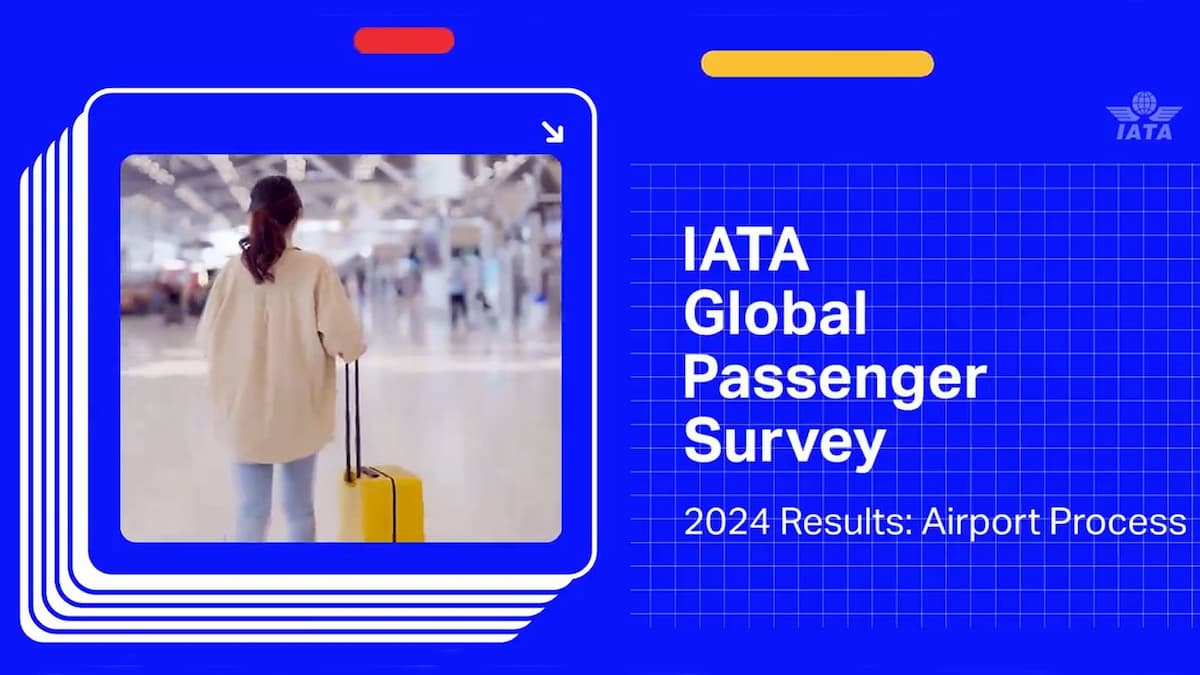Emirates, the world’s largest international airline, has further bolstered its presence across Africa, with the introduction of additional flights to Entebbe, Uganda; Addis Abba in Ethiopia; and Johannesburg, South Africa.
Since the inaugural flight into Africa with Cairo as its first destination in 1986, Emirates has progressively grown its presence on the continent and now serves 20 passenger and cargo gateways, boosting Africa’s connectivity and air transport market development.
Adnan Kazim, Emirates’ Deputy President and Chief Commercial Officer said, “Africa has long been a priority region for Emirates, and we will deepen our strategic focus of expansion and continued investment on the continent, as an important anchor for our future network. The introduction of frequencies to our existing points in Uganda, South Africa and Ethiopia help support the region’s growth and provide critical links using Dubai as a key gateway to emerging economies across Asia and the Middle East.
“Over the last 30 years Emirates has played a pivotal role in the development of the region’s aviation and tourism sectors, not just through scaling our operations but by establishing strategic partnerships with local governments, tourism boards and likeminded airline partners across the travel ecosystem, to nurture the industry and realise its untapped potential.”
Increasing frequencies to maximize connectivity From 27 October, Emirates ramped up operations between Dubai and Uganda from five weekly flights to a daily service. Operated via a Boeing 777-300ER the additional flight will add 718 seats to and from Dubai-Entebbe every week, connecting to popular onwards destinations from Dubai such as Canada, the US, India and the UK, to name a few. As the only airline offering First Class in and out of Entebbe, the additional flights will enable more passengers to experience Emirates’ unrivalled experience with luxurious touches, a premium gastronomic selection of dishes and fine beverages, and one of the biggest screens in the sky, all in midst of comfort and privacy.
The move builds on Emirates two-decade long commitment to Uganda, a vibrant gem on the airline’s vast global network and up and coming tourism destination. At the 2024 Arabian Travel Market, Emirates signed an MoU with the Uganda Tourism Board, aiming to encourage a diverse range of international travellers to experience the destination’s abundance of natural, cultural and adventure attractions. The additional frequency will further support this, as Uganda continues to invest in building its tourism proposition.
Ringing in the new year, Emirates will also increase frequency in Ethiopia, with a daily flight connecting Dubai and Addis Abba from 1 January 2025. Visitor numbers to Ethiopia continue to grow, guided by the vision to make Ethiopia one of the top five tourist destinations in Africa by 2025. By boosting its flight frequencies, Emirates will provide more convenient access, particularly for travellers from the Middle East and Far East.
This will be swiftly followed by the fourth daily flight to Johannesburg, which, from 1 March 2025, will introduce a morning slot to and from South Africa’s largest and busiest international airport. The additional flight brings Emirates’ operations back to pre-pandemic levels, with 49 weekly flights into South Africa, one of the airline’s most in-demand destinations in Africa.
Once the additional frequencies are activated, Emirates will provide 161 weekly flights between African destinations and Dubai.
Tickets can be booked now on emirates.com, the Emirates App, Emirates Retail stores, Emirates contact centre, or via travel agents.
Expanding the network to serve more of Africa With 17 countries in Africa and a further 63 countries and territories globally, Emirates offers near-unrivalled connectivity, further amplified by its extensive partnership network. In Africa, the airline’s footprint expands to over 210 regional points through 5 codeshare and 18 interline partners, providing access to more regional points via frictionless, one-ticket travel and simplified baggage throughput.
As an example, in 2023 Emirates signed an interline agreement with Royal Air Maroc, providing travellers with 18 additional domestic points in Morocco, such as Fez, Tangiers, Marrakech and many others, as well as an additional 17 routes beyond Dubai on an interline basis.
In addition to offering access to smaller regional points across the continent, Emirates’ partnerships unlock access to unique and exclusive destinations too. Through its interline agreement with South African carrier Cemair, Emirates enables customers to visit stunning leisure points such as Margate and Plettenberg Bay, while Pro Flight Zambia unlocks once-in-a-lifetime safari experience in Lower Zambezi National Park.
Earlier this month, Emirates made its much-awaited return to Lagos, connecting Nigeria’s economic hub to its global network with a direct, daily flight. Enhancing premium travel options, Emirates is one of only two airlines offering First Class in and out of Lagos.
The airline’s cargo arm, Emirates SkyCargo, will also benefit from the additional passenger flights, which complement its eight weekly scheduled freighters enabling the swift, efficient and reliable movement of goods from Africa to the world. Providing unmatched flexibility to meet demand, Emirates SkyCargo deploys its freighters between six African destinations, to boost the cargo capacity as required. Likewise, to better manage capacity, Emirates SkyCargo moves general cargo from Johannesburg to Cape Town and Durban via trucks, to ensure goods move on customer’s timelines; the additional passenger flights will address these capacity constraints in each market, as the airline prepares for future growth, with the delivery of new freighters up until the end of 2026.
Source: Breaking Travel News

